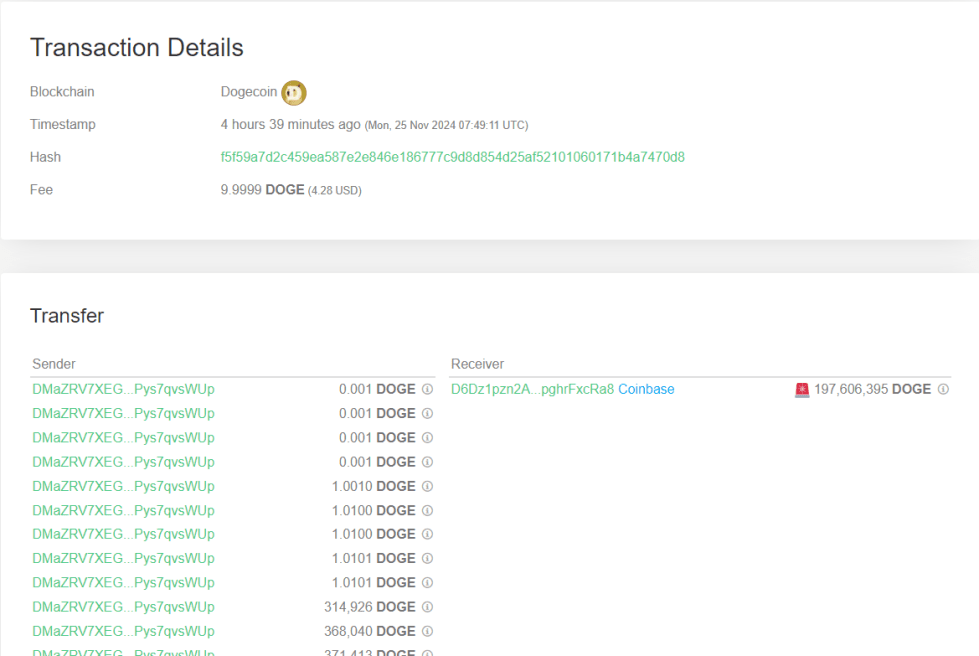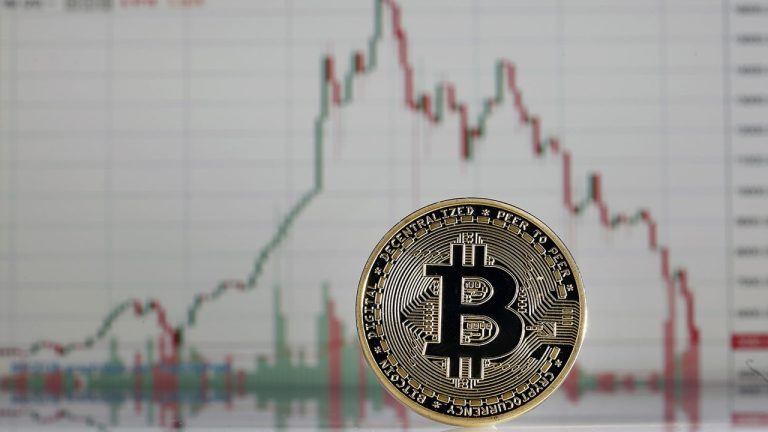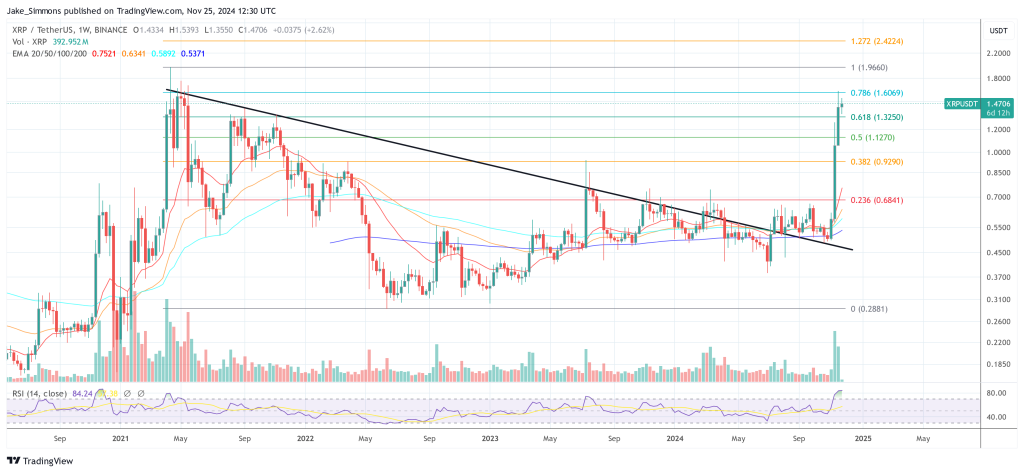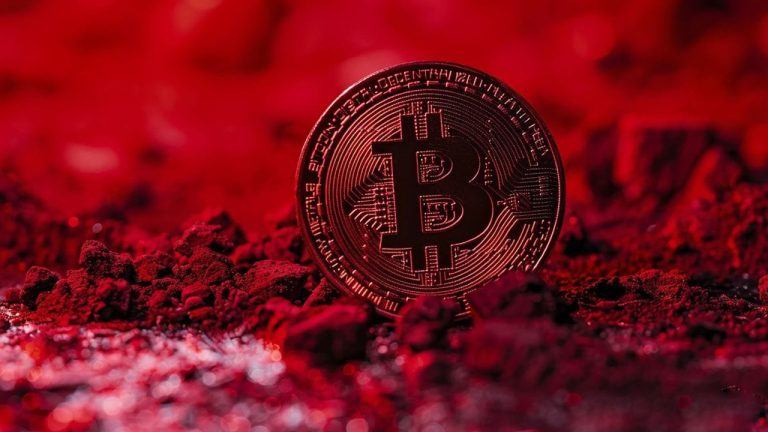First off, I want to be clear this isn't an attack on Eth2; how can you say higher transaction volume, speed, and efficiency is bad for Ethereum? You can't, of course.
I've been trying to educate myself on Eth2, and I keep running into the same unanswered questions, the chief of which is articulated in the title of this post. I've read through the Eth2 explainer on the website, and I've read some of Vitalik's explanations.
The problem I'm running into is that these explanations make the assertion that staking will promote decentralization without robust evidence for why this would be so. Yes, the goal of Ethereum 2.0 is to increase its scalability, security, and efficiency without sacrificing decentralization, but how is it going to accomplish that?
I know it's a nuanced question: are we talking about decentralization relative to an ASIC dominated PoW system or relative to a GPU dominated system?
And the crux of the argument for PoS promoting decentralization seems to be that it's supposed to have a lower barrier to entry vs PoW while having a high penalty for cheating. I'm not sold on the former (a profitable GPU mining rig is feasible at small scale and ASICs aren't that much worse); the latter is a reasonable argument, though I would point out that destroying the actual equipment is not necessary to penalize bad actors, even if burning their staked ether makes it significantly easier to do so in PoS.
When I think about getting into staking Ether under Ethereum 2.0, I can't help but feel some concerns about it as an individual. If you have hundreds of Ether, staking 32 is a pretty low bar, sure. But even today 32 Eth is over $76,000. That's not going to encourage a lot of individuals to become full validators.
And if you're thinking about joining a staking pool because you have less than 32 Eth, as I understand it, that requires you to trust your Eth to the pool, which means you're also trusting the pool not to break the rules and get YOUR ether burned through no fault of your own (aside from the 'fault' of choosing the wrong pool). Defi100 is a very recent reminder of the risks of trusting in trustless systems. If there are protections against this I would be relieved to hear about them.
So, it seems the barrier is pretty high up front for an individual looking to stake at the full 32 ETH while joining a staking pool to stake a lower amount, for the individual, may put a high percentage of your investment at risk. If decentralization requires many small participants, my current (hopefully incomplete) understanding of staking makes me worry that it won't serve that purpose.
Another concern is accumulation and consolidation of stakes. The incentive for stakeholders to both accumulate stockpiles of Ether and stake high percentages of their holdings will probably be pretty good for the price of Eth, but the higher the price of ETH goes, the higher the barrier for entry. Doesn't this run the risk of promoting consolidation among stakeholders?
I appreciate any clarifications or corrections y'all can offer. Thanks!
[link] [comments]

You can get bonuses upto $100 FREE BONUS when you:
💰 Install these recommended apps:
💲 SocialGood - 100% Crypto Back on Everyday Shopping
💲 xPortal - The DeFi For The Next Billion
💲 CryptoTab Browser - Lightweight, fast, and ready to mine!
💰 Register on these recommended exchanges:
🟡 Binance🟡 Bitfinex🟡 Bitmart🟡 Bittrex🟡 Bitget
🟡 CoinEx🟡 Crypto.com🟡 Gate.io🟡 Huobi🟡 Kucoin.




















Comments